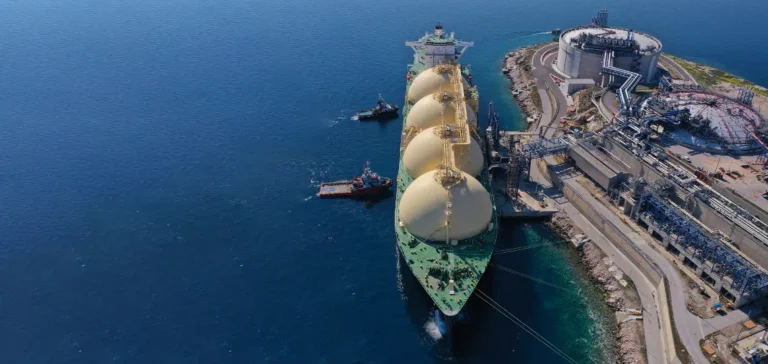Entergy Louisiana announced the signing of a 20-year firm natural gas transportation agreement with Energy Transfer, aimed at supporting the energy supply of several industrial facilities and accompanying economic development in North Louisiana. The agreement provides for the service to begin in February 2028 with an initial capacity of 250,000 MMBtu per day and includes an option to expand delivery to meet future regional demand.
Network expansion to meet industrial demand
As part of the agreement, Energy Transfer will build a 12-mile lateral pipeline connecting to its Tiger Pipeline system, with a transport capacity of up to 1 billion cubic feet per day. This infrastructure will link gas flows from the major production basins in the United States to Entergy Louisiana’s facilities, including those located in Richland Parish.
The gas transported will primarily fuel combined-cycle combustion turbine facilities under development, designed to deliver higher efficiency power and serve projects like Meta’s new data centre. The added capacity will also help support the growth of energy-intensive industrial activity in the region.
A lever for the state’s energy strategy
The contract is included in Entergy Louisiana’s long-term financial planning and supports its economic development roadmap. It forms part of the Louisiana 100 Plan, an initiative focused on grid resilience, rate stability, and attracting industrial investment.
The agreement also reflects a commitment to secure natural gas supply over multiple decades, anticipating the growing needs of critical infrastructure. Under the terms of the deal, Entergy Louisiana retains the option to increase delivery capacity to support future developments across the state.
Regional outlook on energy supply
Secured long-term supply volumes are a strategic asset for operators like Entergy Louisiana, which serves over 1 million customers across 58 parishes. Through this partnership, the company strengthens its ability to deliver stable power amid rising demand from industrial operators and large-scale data centres.
Energy Transfer, which operates an extensive pipeline network across the United States, will leverage its existing infrastructure to enable this new supply route. Such long-term contractual agreements serve as a financial hedge for operators while ensuring energy competitiveness for the territories they serve.






















